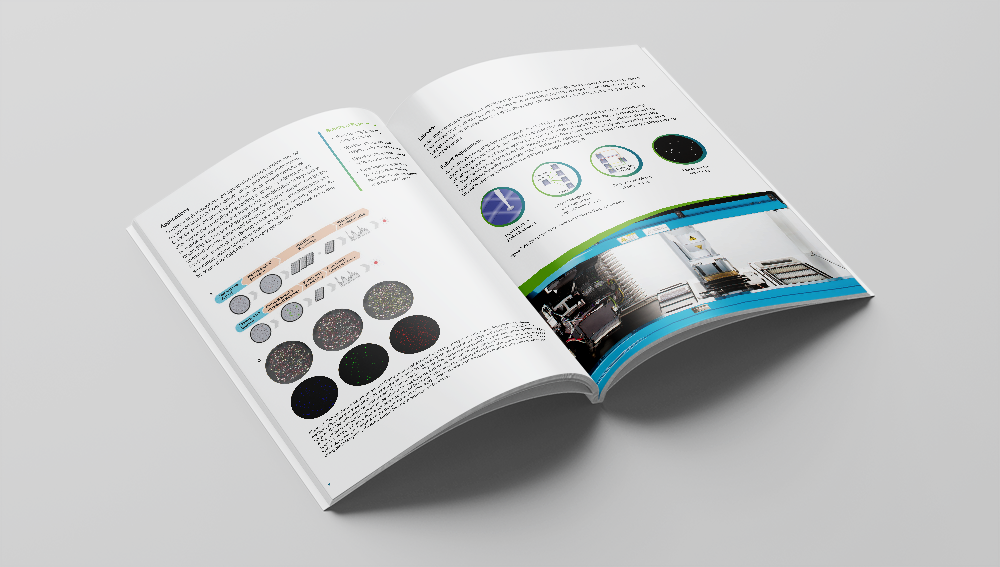Colony picking is a powerful tool in the mammalian cell line development workflow and in the study of microbiological studies. Recently, the range and use of applications of colony screening solutions have reliably increased, in concurrence with advancements in biotechnology research (Figure 1).

Download the eBook
In this field, there are a variety of recent scientific challenges, including the development of CRISPR-based genome editing technologies and the need to produce therapeutics to combat SARS-CoV-2.
In 2021, the US Food and Drug Administration (FDA) approved 50 drugs; 36 of these were new chemical entities, and 14 were biologics that included oligonucleotides, peptides, and antibody-drug conjugates, which reflects the increase in relevance of this class of drugs.1
In this context, rapid and efficient colony-picking and clone-screening processes enable shortened workflow timelines for therapy development. This leads to enhanced product quality and expedited updates to regulatory processes, aligning with the guidelines of the US FDA.
The eBook is designed to assist scientists in selecting the most suitable automated colony-picking solution, taking into account the need for high throughput, various applications, and the main challenges of the process. It specifically focuses on available microbial and mammalian clone screening devices, offering a comparison of different established technologies.
A brief history of microbiology and colony picking modern applications
Microbiology involves the study of all microbial living organisms, including bacteria, viruses, fungi, microalgae and parasites. Since the pioneering studies of Antoni van Leeuwenhoek (1632–1723) microbiology has since gained an increasingly more prevalent role in the field of biotechnology.
In this field, microorganisms are frequently employed as living factories to produce proteins or chemicals that cannot be manufactured in any other way. From library management to antibiotic discovery and from phage display to antibody production, biotechnology encompasses a broad spectrum of applications where colony picking plays a crucial role.
For example, a DNA sequencing workflow tends to encompass several steps during which the sample genome is fragmented, cloned, mixed with other reagents and then analyzed to determine its sequence. Automated colony picking can be easily integrated into this workflow, specifically in the cloning phase, as the more samples that can be replicated, the larger the DNA strands that can be analyzed.
This advancement was pivotal during the initial human genome mapping and remains of significant interest to scientists currently employing CRISPR-based gene editing technologies.2

Download the eBook
References and Further Reading
1. Al Shaer D, Al Musaimi O, Albericio F, de la Torre BG. 2021 FDA TIDES (Peptides and Oligonucleotides) Harvest. Pharmaceuticals. 2022 Feb 13;15(2):222.
2. https://www.genome.gov/human-genome-project